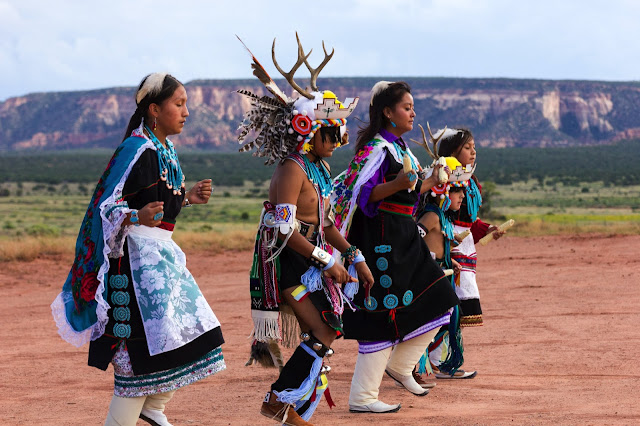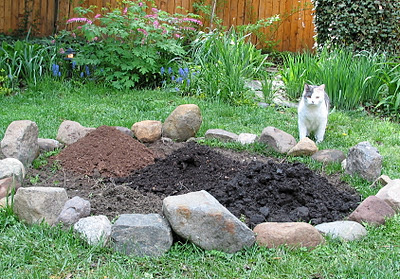NCAI, DOJ Weigh In On Native Voting-Rights Lawsuit
Published in Indian Country Today in 2013. For more on topics like this, see my book, American Apartheid: The Native American Struggle....
“My people can’t make it,” Wandering Medicine said.
Text and photo of Wandering Medicine c. Stephanie Woodard. Photo of courthouse Wikimedia Commons.
The National Congress of American Indians, which has been part of the Native suffrage struggle since the group’s inception in the 1940s, cites Section 2 of the Voting Rights Act in a March 26 amicus curiae brief filed in the lawsuit Wandering Medicine v. McCulloch. The Ninth Circuit Court of Appeals, which will hear the case at its courthouse in Portland, Oregon, shown here, is now considering the case, in which Montana Natives claim unequal access to the ballot box. Lead plaintiff Mark Wandering Medicine, Northern Cheyenne, is seen below, explaining the need for the lawsuit.
Congress put Section 2 in place to make sure states (and counties acting on their behalf) run elections in a non-discriminatory fashion, said NCAI counsel Derrick Beetso, Navajo: “Montana tribes reached out to the state and counties, including offering office space and other resources. Voting rights group Four Directions offered payment of other costs. That process didn’t pan out, and the parties ended up in court.” Bottom line, Montanans living off reservations have a month longer to register and 20 more days to vote than reservation residents, Beetso said.
The lawsuit arose when three Montana counties refused to provide one satellite voting office each for the Northern Cheyenne, Crow and Fort Belknap reservations. Such polling stations would have offered early voting and late registration during the month leading up to the 2012 election. The state and counties stonewalled various tribes’ requests for most of 2012; finally, shortly before the election, a lower-court judge denied an emergency request to for an order to set up the offices.
The NCAI brief says that making early voting and late registration available at only the largely non-Native county seats “has the practical effect of providing more voting resources to one community than another, or—more specifically—valuing the non-Indian over the Indian vote.” The document describes historical and current obstacles to Indian voting, including economic disparities and difficulty finding transport to distant county-seat voting offices.
The United States Department of Justice also filed a brief supporting the Native plaintiffs in Wandering Medicine v. McCulloch on March 26. In denying the emergency request, the lower-court judge had said, among other things, that the election of Natives to various offices in Montana meant Indians wouldn’t be able to prove they’d been prevented from electing officials of their choice. According to the DOJ brief, this fact is irrelevant in a vote-denial suit like Wandering Medicine v. McCulloch. In such cases, plaintiffs claim that from the get-go they don’t have “the same opportunity to participate in the political process as other citizens,” not that their vote has been watered down by gerrymandering and other illegal activities.
Therefore, said the Justice Department, the lower-court judge “erred as a matter of law.” The US brief followed up on a document DOJ submitted to the lower court last October. That Statement of Interest included a demographer’s analysis of the barriers Montana Native voters face when not provided with on-reservation satellite offices.
Mark Wandering Medicine gave ICTMN a personal example. Using federal mileage figures, he calculated the tab for his 180-mile round-trip to the county seat at about $100—which he called a poll tax.
Text and photo of Wandering Medicine c. Stephanie Woodard. Photo of courthouse Wikimedia Commons.



